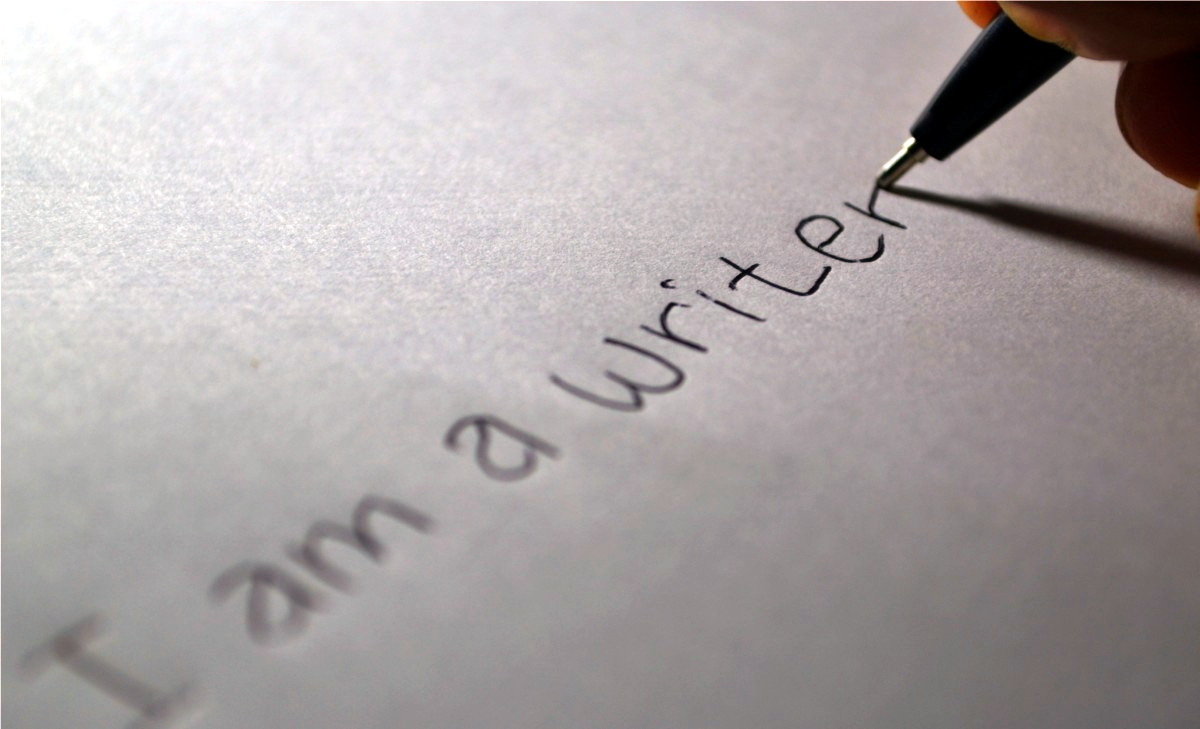- 3-minute read
- 20th December 2018
5 Great Autobiography Writing Tips
Writing any book is hard work. But autobiographical writing can be the most difficult of all. Check out our top autobiography tips for a few ideas on where to start writing about your own life.

1. Know Who You Are Writing For
The first step in writing an autobiography is working out its intended audience. You may simply want a memento for future generations of your family. Or you may be motivated by sharing a lesson from your life with the world, or by the prospect of writing a best-selling book.
The style and content of your writing will depend to some extent on who you are writing for. As such, knowing your audience early on can help guide the writing process.
2. Find a Compelling Concept
If you are writing for a general audience, you may need a ‘hook’ to draw readers in. After all, most autobiographies these days are about celebrities! So unless you happen to have millions of followers on Instagram already, it helps to have a unique selling point.
Maybe your extraordinary life is enough to do this by itself! But it can help to build your story around something you’ve learned and want to share. Or perhaps your life reflects the untold social or historical story of people like you, and you want to increase awareness of your world.
The key is to work out what makes your life story truly worth reading about, even for people who have never met you. If you can do this, you will have a good basis for an autobiography.
3. Planning an Autobiography
Any big project requires planning. With an autobiography, for example, you will need to decide whether you’re writing about your entire life or just part of it (a story that focuses on just one part of a life is known as a memoir). And even if you are writing about your life as a whole, you will still need to pick and choose the best stories and events to include.
Find this useful?
Subscribe to our newsletter and get writing tips from our editors straight to your inbox.
Keep in mind that an autobiography does not have to be written chronologically, nor does it have to start during childhood. Something else to think about, then, is how you will frame your story.
4. Honesty Is (Usually) the Best Policy
An autobiography is non-fiction, so try to be honest in your writing. This applies as much to your embarrassing moments as it does to your triumphs in life! An honest, revealing autobiography is almost always more interesting than one full of half-truths.
However, you may want to change some names and locations to protect other people’s privacy. This can be especially important if you are revealing private information or criticising someone!
5. Edit and Proofread
As with any book, your work is only half done once you have a first draft ready. Next, you’ll need to edit and redraft your manuscript. Take some time out before you start this to get some critical distance. Asking a friend or family member for feedback at this point is a great idea, too.
And once you have a final draft ready, make sure to proofread carefully! This will remove any remaining typos, leaving you with a manuscript ready for publication. However, proofreading your own writing can be difficult, so you may want to ask the professionals for a little help.